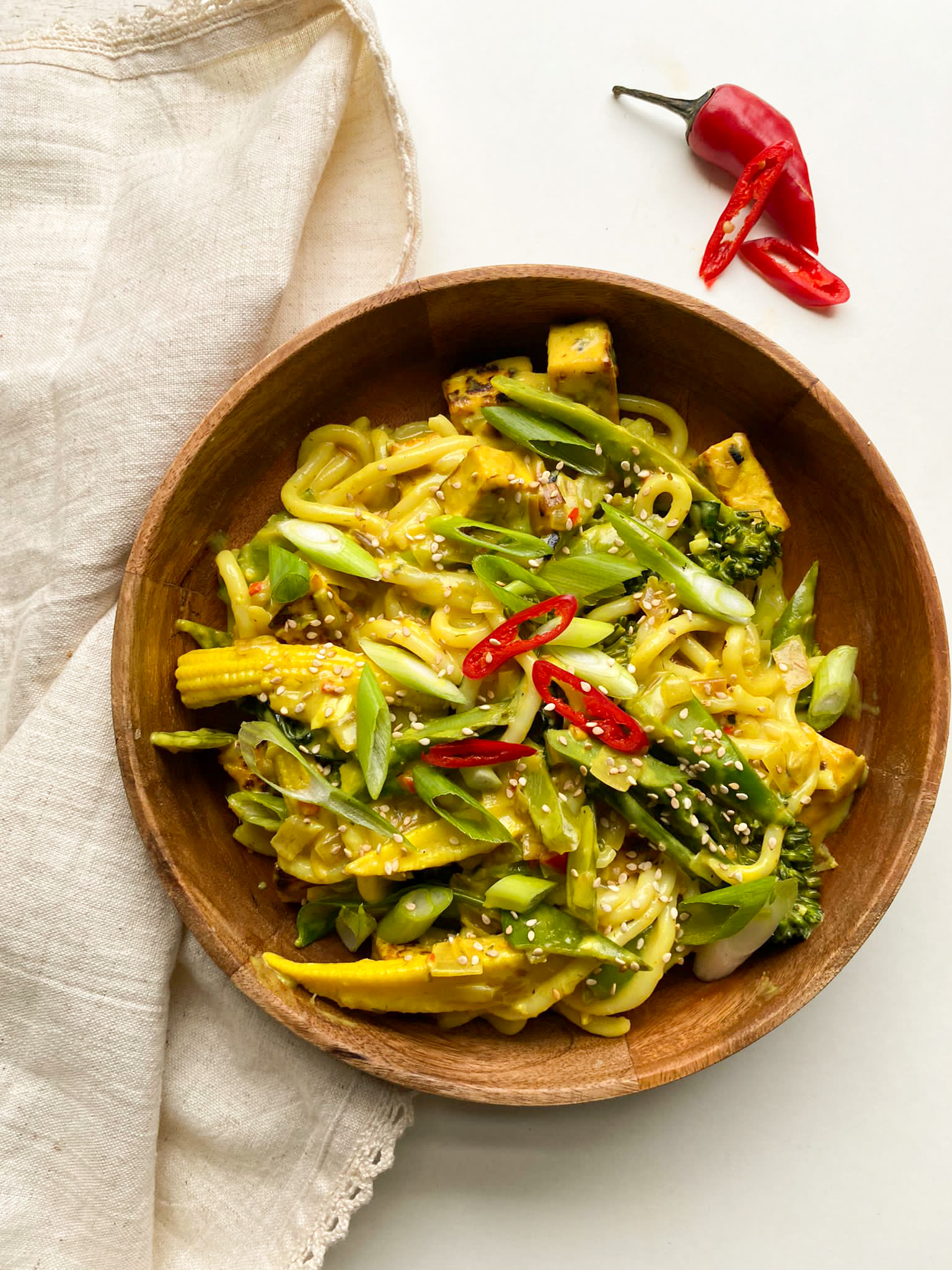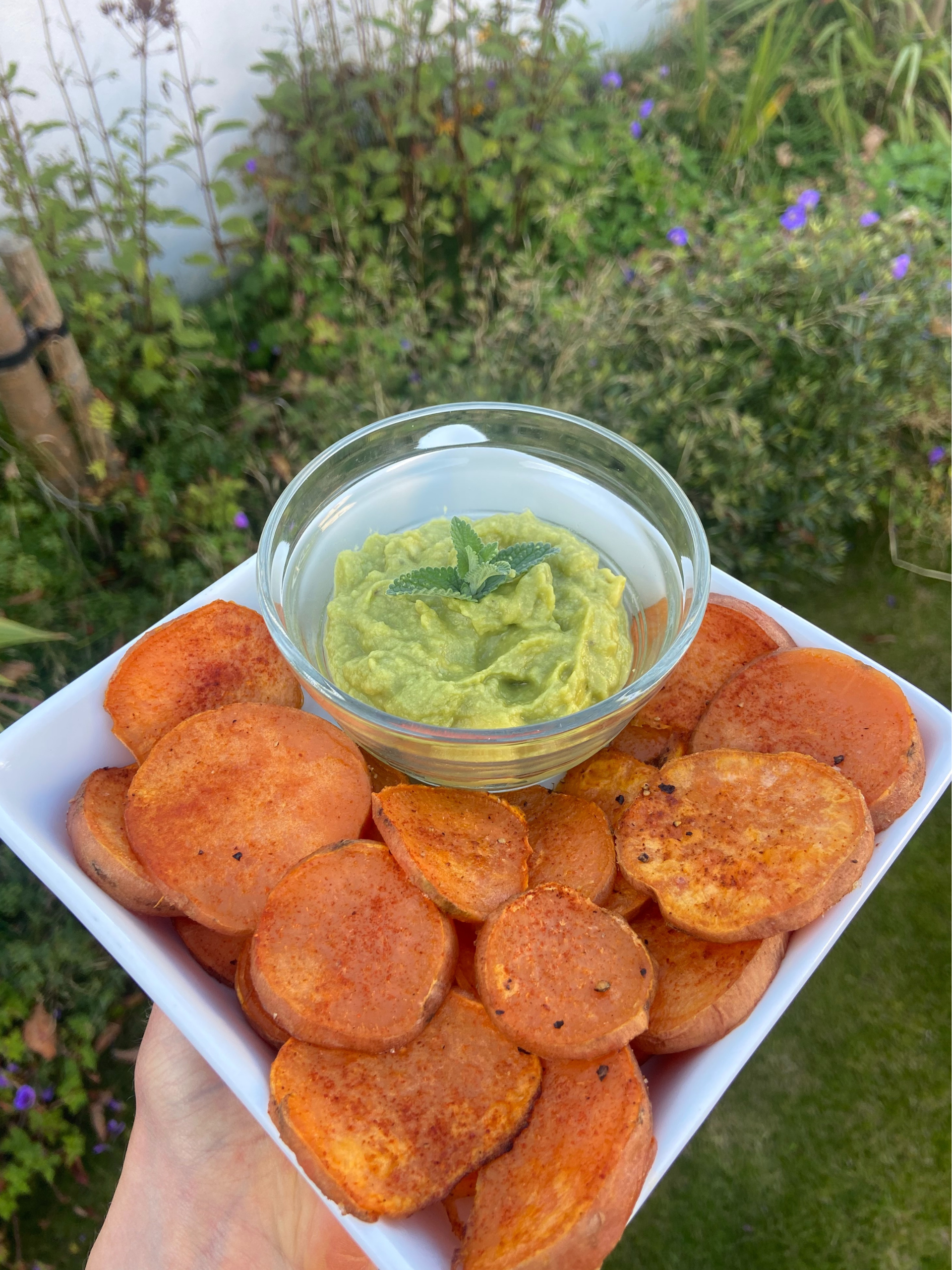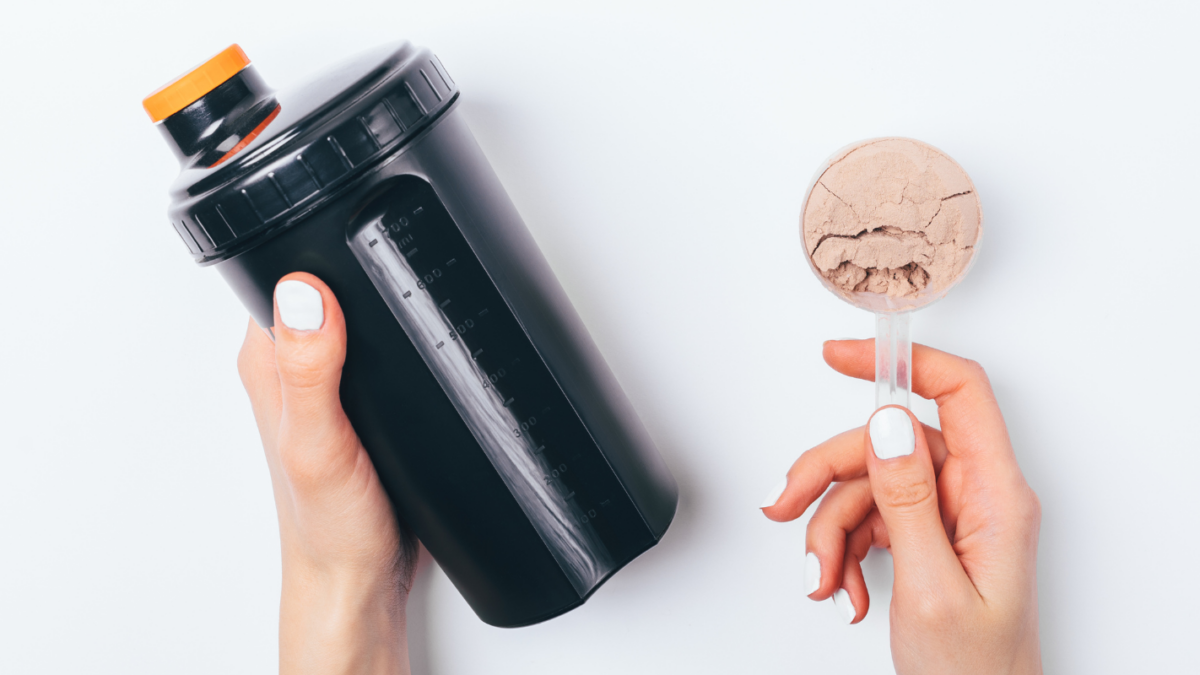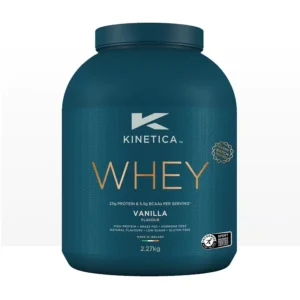The Ultimate Guide to Protein Supplements
Confused about what protein powder to use? Here is the ultimate guide to protein supplementation.
There are a lot of misconceptions about protein supplements and an overwhelming amount of information to wrap your head around. But with so many different types of protein powder on the market, how do you know which one to buy?
Whey, Casein, Casein, Collagen, Soy, Beef, Plant??
Let’s start by reviewing why you need protein. Then we’ll compare the different types of protein powder and discuss what to look for so you can make the best decision.
Why does our body need protein?
Protein is one of the three macronutrients — which also include carbohydrates and healthy fats which your body needs to function. When digested, protein provides the essential amino acids (EAAs) that your body uses to build and maintain your skeleton, organs, and muscles. Protein is vital for countless physiological functions. It assists hormone and enzyme production, supports your immune system, and manages your cholesterol, blood pressure, and blood sugar. To have all your protein questions answered, click here!

When should you consider a protein supplement?
Protein powder is a supplement, not an “instead of”. Protein supplements aren’t intended as a substitute for your everyday meals. For most individuals you can meet your protein needs through food. However, if you struggle to meet your protein target, a protein powder supplement can be a cheap and convenient way to meet your daily needs.
When you walk into a supermarket or supplement shop you are faced with a vast range of different types of protein powders. Knowing the difference in protein powders can help you make an informed purchase.
The different types of protein powder fall into two categories: animal-based and plant-based.
Animal-Based Protein
If you’re comfortable with animal products, you may choose fast-absorbing whey protein concentrate or isolate for a quick boost before or after a workout. Or you could try a slower-absorbing protein like casein for sustained muscle-building over the day or night.
Whey Protein
Whey is a by-product of cheesemaking. If you have ever opened a container of yogurt and wondered what the liquid is on top: that is whey. Whey protein is produced from milk. Cow milk contains about 80% casein and 20% whey.
Whey is a high-quality protein, which means that it has all of the amino acids, including all of the essential amino acids. Whey is also a protein that is well absorbed and has a higher bioavailability than most other proteins, so those amino acids are available for your body to use within a relatively short period of time. The fact that it’s high in BCAAs and quickly digested and absorbed , makes this one of the best proteins to consume post exercise. Whey protein is one of the most popular types of protein powder, especially among athletes and bodybuilders.
Whey Protein Powder
Whey protein powder is a milk protein and contains some lactose and carbs, depending on the form of protein powder you choose. There are three different types of whey protein powder…
- Whey protein concentrate: Contains up to 50% lactose and between 30-80% protein. Use this if your activity level is average and you’re simply trying to boost your protein intake. It’s also ideal in protein smoothies as a meal replacement or to support weight loss. It is the least processed of all forms of whey protein powder and therefore is the cheapest form and contains more nutrients found in whey.
- Whey protein isolate: Contains little lactose (less than 1%) and at least 90% protein. This high-quality protein is a great choice if you’re very active. Its extremely low carbohydrate content helps you cut calories while still giving your body what it needs to boost your muscle-building efforts — and avoid muscle protein breakdown. Whey protein isolate is excellent in pre- and post-workout protein shakes. This form of whey protein is more expensive than others.
- Whey protein hydrolysate: A less common type of protein powder that is the most highly processed and can be quite expensive. While it’s available as a sports supplement, whey protein hydrolysate is mainly found in medical protein supplements and baby foods. It is known to have a poor taste however has a faster absorption rate than the other whey protein supplements above. This is due to the fact that the proteins are pre-digested during processing.
Click here to read more on the benefits of whey
Casein Protein
Casein is also milk-based but digested much more slowly, providing a steady and sustained release of amino acids into your system over 4-5 hours. An average casein supplement contains around 70% protein. It is best taken at night when your body gets what it needs to continue the muscle repair necessary for building muscle mass. You can also take it in the morning to keep you feeling full for hours.
Key Points:
- Casein is a slower-digesting protein supplement.
- It is a high-quality complete protein, containing all nine EAA’s.
- Optimal time to take casein is pre-sleep or post-resistance training.
- It provides a slower, more steady supply of EAA’s to the muscles.
- Often casein supplement powder can be more expensive than Whey protein powder.
Plant-Based Protein
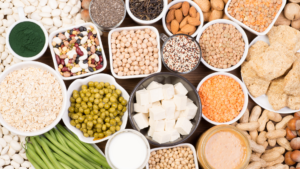
If you’re lactose intolerant, vegan, vegetarian, or simply prefer to stick mainly to plant protein as an individual preference, there are still some excellent plant-based options. Plant-based options include pea or soy, which are complete proteins albeit with lower levels of some essential amino acids. You could also try hemp, brown rice, egg white protein, or a blend of two or more of these.
Soy Protein
Soy protein is the only plant source of protein that is as high as animal sources. It is a helpful option if you choose to avoid animal proteins such as whey and casein. This type of protein comes from the soybean, where protein makes up 38-42% of the soybean. An average serving of soy protein powder contains 20-30g of protein, which is very similar to whey protein.
Key points:
- Soy protein contains more leucine than casein and contains less leucine than whey.
- It is considered a complete protein unlike many other plant based proteins.
- It’s the most effective plant-based protein in stimulating muscle protein synthesis.
- It is easily digested and utilized by the body, at a similar rate to whey.
Whey is superior to soy and soy is superior to casein in promoting protein synthesis when equal amounts are ingested.
Pea protein
Pea protein is another plant-based protein supplement that’s comparable to whey in helping with muscle growth and muscle gain when paired with resistance training. Pea protein contains a similar amino acid profile to whey, but it’s quite low in methionine. It contains enough to be considered a complete protein.
Key points:
- Potencies of BCAAs are a bit lower than those in whey protein. However, ioPea is the first pea protein with bioavailability comparable to whey protein.
- Pea protein has high amounts of arginine — about three times higher than whey. Arginine is a non-essential amino acid that’s a precursor to a number of other amino acids. Its benefits include collagen synthesis, wound healing, and cell growth.
- Pea protein has a more noticeable nutty or grassy flavor and texture than whey.
Rice protein is another plant-based protein powder that is a good option for those with dietary restrictions, as it is gluten-free.
Hemp protein is derived from the hemp plant and is a good option for those looking for a plant-based protein powder that is high in fiber and healthy fats.
The best protein powder to use depends on your individual needs and goals. Whey protein would be the most popular protein supplement used due to its excellent protein quality and high bioavailability. If a plant based protein supplement is what you are looking for, Soy protein would be considered most favourable due to its ability to stimulate protein synthesis and due to the fact that it has a very similar digestibility rate to whey protein. Nonetheless, it is important to consider factors such as dietary restrictions, taste preferences, and budget when choosing a protein powder supplement.


